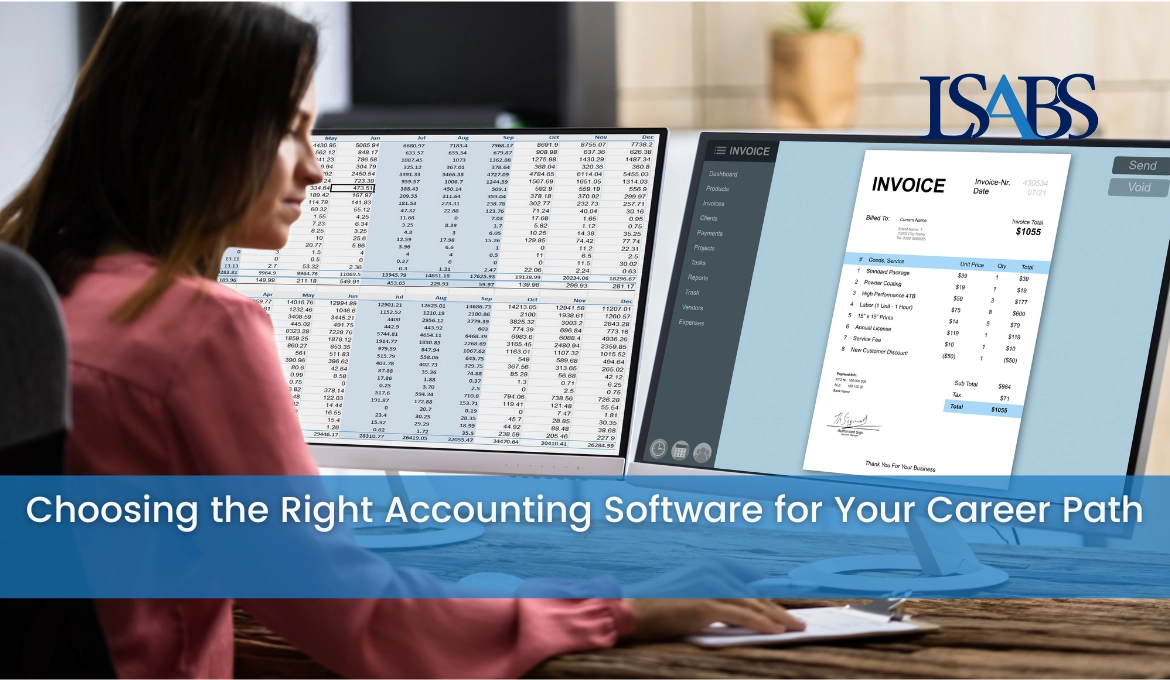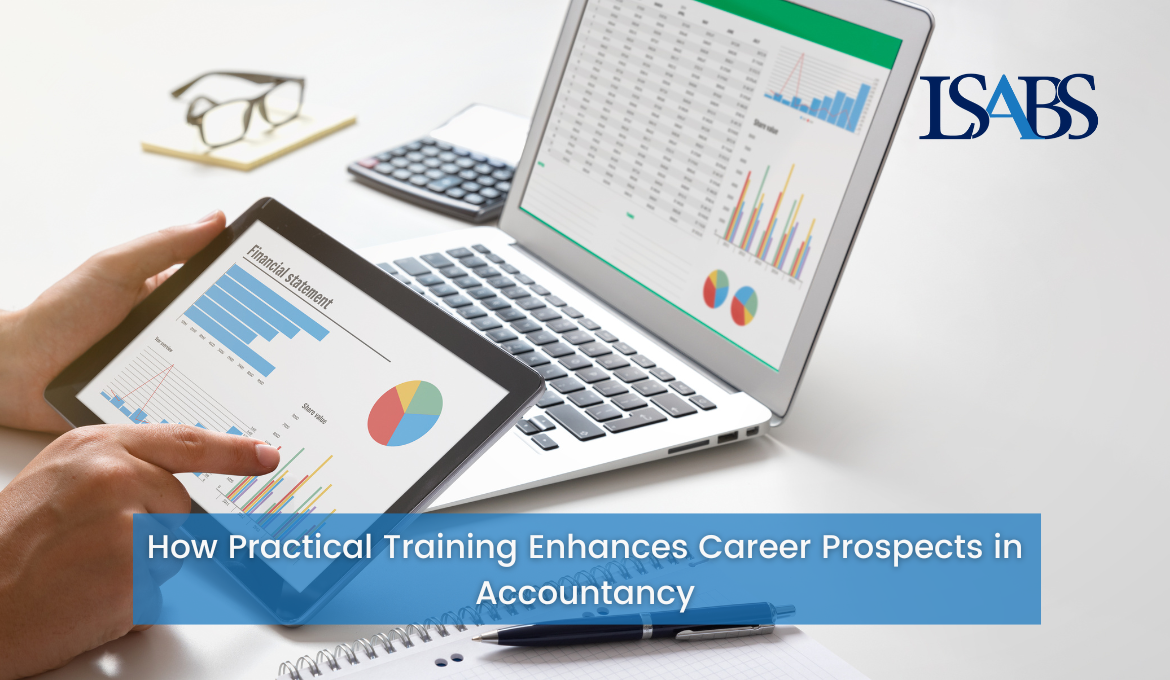Mon-Sat, 8.00-18.00. Sunday CLOSED
Choosing the Right Accounting Software for Your Career Path
Feb 25, 2025
The appropriate accounting software is essential for any career seeker in accountancy. With so many options, it may be challenging to select the appropriate tool. However, the decision is based on your career aspirations, the kind of accounting in which you specialize, and the sectors you serve. Here's how to select the right accounting software for your career path.
1. Think About Your Career Stage
If you're new to your accounting career, easier-to-use software like QuickBooks or Xero is a great option. Both platforms provide easy-to-use interfaces and key features such as invoicing, financial reporting, and basic bookkeeping. As you progress and work on more complex tasks, you might find yourself having to move up to more complex software like Sage 50cloud or Oracle NetSuite, which provides extensive solutions for larger enterprises.
2. Determine Your Area of Specialization
Accountants usually specialize in fields such as tax, auditing, bookkeeping, or management accounting. Each field needs varying software features. For instance:
- Bookkeepers might like software such as QuickBooks or Wave that specializes in handling daily transactions, invoicing, and simple financial reports.
- Tax experts might find tax-specialized software such as TaxCalc or IRIS helpful, as it simplifies tax preparation and compliance.
- Management accountants can choose alternatives such as SAP or Microsoft Dynamics, which have advanced financial planning and analysis functionality.
3. Search for Industry-Specific Software
Some industries need specialized accounting solutions. For example, if you're in the construction business, software such as Sage 50cloud Construction or QuickBooks Enterprise is designed to manage the specific requirements of construction projects, such as job costing and project tracking. Likewise, the retail industry might require software with built-in inventory management, such as Xero or Lightspeed.
4. Think Cloud-Based vs. Desktop Solutions
Cloud-based accounting solutions such as Xero, QuickBooks Online, and Zoho Books provide you with flexibility in the sense that you can access your financial information anywhere, work in real time with clients or colleagues, and automatically save your information. Desktop-based solutions such as Sage 50 provide greater control over your information and may be appropriate if you're handling confidential information. Take the advantages and disadvantages of each into account before deciding.
5. Ease of Use and Training
To have a successful career, you would like to work with software that is simple to learn and use. Software that provides user-friendly interfaces, easy-to-understand dashboards, and good customer support will simplify your day-to-day activities. Also, look for the availability of training resources like tutorials, webinars, and certifications to enable you to master the software.
6. Scalability and Future Growth
As your career develops, your needs might shift. Select software that can enhance your career. This involves searching for tools that provide extra capabilities, like better reporting or support for multiple currencies, that can be beneficial when you're performing more sophisticated accounting functions or working with overseas clients.
7. Integration with Other Tools
Modern accounting professionals also frequently employ several tools for handling other business activities. Make sure that the software you select will integrate well with other software systems, including payroll, CRM, and inventory management software. Integration makes processes easy to run, minimizes errors, and saves time.
8. Cost and Budget
Various accounting software programs have various price tags. It's wise to determine your budget and choose software that has the features you want at a price you can manage. Most offer a free trial or tiered pricing structure, so you can begin small and build up as your career grows.
Conclusion
Selecting the appropriate accounting software is based on your career level, field of specialization, industry requirements, and long-term objectives. If you are starting your career or growing in your profession, it is important to choose a tool that suits your requirements and will scale with you. Effective accounting software will make you more productive, assist you in performing financial tasks more effectively, and increase your worth as an accounting professional.



